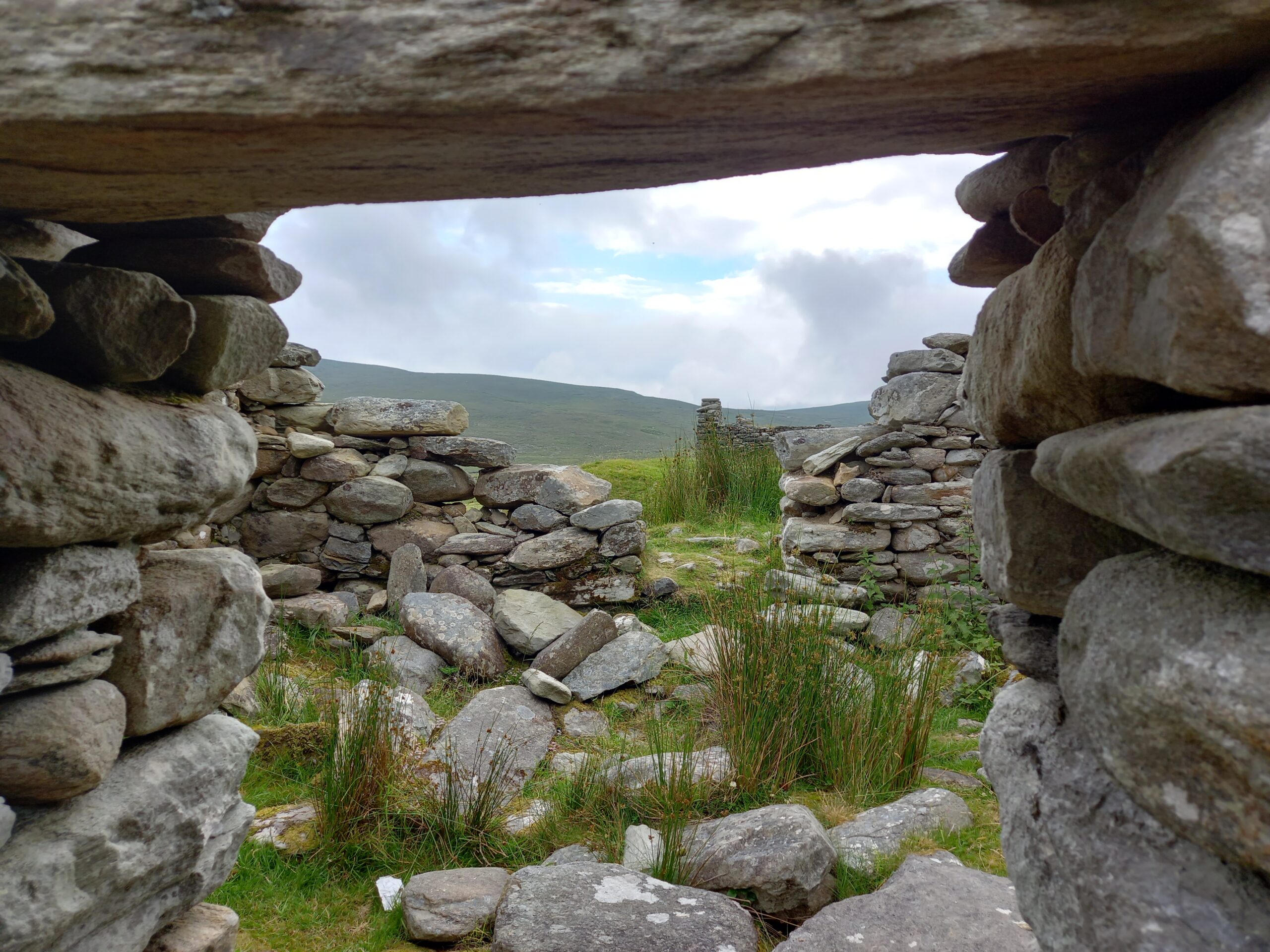Who are the traditional healers of modern Ireland? Is the ancient practice of ‘the cure’ being
passed down to younger generations? How can a ‘cure’ be passed on? These are only some of the questions I’ve always been curious to ask and I hope that I discover the answers to.
Healers and their cures were part of the world I knew growing up. I never thought too much
about classmates of mine going to get the cure of warts, or when I was approached by a
stranger, who held his scalded arm out in front of him, and had stopped me to ask if I knew the
way to a healer’s house who had the cure of the burn.
It wasn’t until I went to college in Dublin, that I realised there was an entire population of people
on this island, who nothing about ‘the cure’. There was rarely a hesitancy to poke fun at a belief, that in
their minds, emphasised the madness of rural Ireland, indulging a practice that should have died
off in the last century. The image they had of a healer was a stereotypical lonesome figure living off in a
white washed cabin in the desolate, remote mountains.
When I had the opportunity to take folklore as an academic subject, I was surprised to see I was
the only Irish person in the room. Most were American, wanting to understand their Irish roots,
and some were European, who had an interest in their own folklore and wanted to compare
differences and similarities between the cultures, but I felt let down that Irish people didn’t seem to want to know more about ourselves. It is my personal opinion that through folklore, we can better understand our cultural traumas, fears, and beliefs that could help us make more informed societal choices today.
This documentary is about who the healers of modern day Ireland really are. Ordinary people
with ordinary lives, who go day to day without thinking much about their cure, until they are
called upon. Then, quietly and privately, they give their cure, and in doing so, continue the legacy of an
ancient tradition.
I want to investigate whether there is a future for cures and healers in a society that is rapidly
shifting away from cultural traditions if they cannot be profited from. Will this be eventually
something we can only access in museums and archives, rather than physically in our
communities. Is the practice of receiving and giving a cure dying out?
In many cases, it is through circumstances of birth or marriage that gives the ability to possess a
cure, with the most famous birth type being the seventh son/daughter of a seventh son/daughter. Families
of this size in Ireland are rare to come by now, and with the cure taking two generations to
develop, most would agree that this particular circumstance whereby a ‘cure’ is originated, will
decline. It is a grief of a loss that is to come. A loss that won’t return if cures are not passed
down to future generations, or indeed if there is no one who wants it to be passed onto.
This is not about the belief or non belief in cures, but rather about a reflection on our cultural
identity and heritage. Healers and cures have made up part of our society for thousands of
years, what does it mean if we lose them? Does part of our connection to our ancestors die off?
Many Western countries have seen the loss of their indigenous practices, so it is very unique
that it has continued here for this long. Or does it mean that other societies are more mature in
their attitudes to superstition and belief, and again the remote Atlantic island reveals that it is still
on the fringes of European development.
Understanding who our modern healers are may give us an deeper insight into ourselves. If we can trace how our cures have withstood the changing times, it may give us an idea as to if and how they will survive into the future.
But, for now, I’ll leave you with this comment from one healer that I interviewed,
‘After the football matches, the young fellas are visiting me, [for the cure of the sprain], as much
as they are seeing their physio’.
If you’d like to contribute to research on our attitudes to healers and cures in modern Ireland,
please fill out the 1 minute survey below.
https://www.surveymonkey.com/r/78C87S2?fbclid=IwAR0-dCgwbf0EMQS5rsFDpI6KCWfhu0Yw3YBI3oeO0mzFnr68gVgf_E6grkM
Image by Sarah McKenna Dunne

Let a black slug slime on verucca. Kill it then on a torn. Verecca dies.